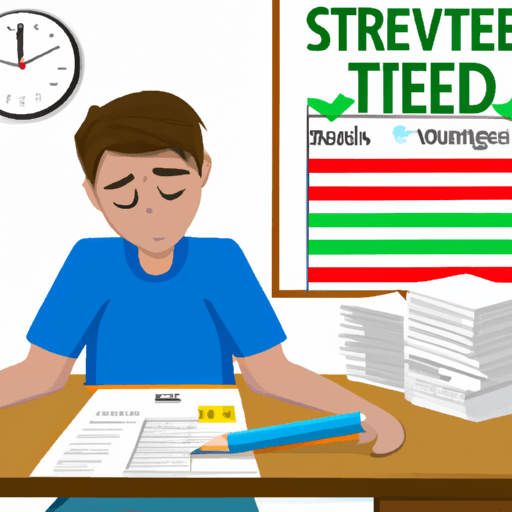Standardized Testing In Our Schools: A Comprehensive Analysis
Standardized testing in education systems has been a focal point of numerous debates for many years. The underlying question surrounds whether it is a fair and accurate representation of a student's capabilities or not. This topic delves into the pros and cons of this system, providing an in-depth examination of its effect on students and the possible alternatives to this conventional method of evaluation.
Pros and Cons of Standardized Testing
On the one hand, proponents of these tests argue that they provide a consistent measure that can compare large amounts of data across populations, offering an objective method to evaluate cognitive abilities. In an increasingly competitive and globalised world, these examinations provide a universal benchmark of student performance.
Despite these parcels, critics argue that such evaluation methods emphasize rote learning over critical thinking and creativity. It is often contended that standardised tests do not capably measure students' full range of abilities, potentially undermining their motivation and self-esteem.
The Influence of Standardized Testing on Student Abilities
Does standardized testing conclusively determine or limit a student's abilities? It is a question worth pondering upon. While it measures academic aptitude and knowledge of curriculum content, it might not account for personal skills or emotional intelligence. The concern is that it could potentially stifle a student's holistic growth and heighten stress levels, thereby proving counterproductive.
Potential Alternatives and Innovations
Amid these concerns, there is a growing traction for alternatives that can offer a more all-encompassing measure of a student's abilities. These include project-based learning, continuous evaluation, portfolio assessments, self-assessment and peer assessment methods. Developing technological innovations could also play a major role in creating more adaptive testing environments.
Drawing Upon Data, Theories, and Expert Opinions
A wide range of empirical data, educational theories, and expert opinions suggest that multiple forms of assessment are necessary to accurately ascertain the complete range of student abilities. Multiple research works indicate a disconnect between standardized test scores and later life outcomes such as career success. This discrepancy suggests that other critical factors apart from academic proficiency are important for lifelong success.
The Current Educational Climate and the Role of Testing
In the current educational climate, the importance of standardized testing cannot be understated. However, due to the limitations and emerging alternatives, a re-evaluation of its effectiveness is warranted. It is vital to strike a balance between standardized testing and additional modes of assessment that better capture a student's overall academic and personal abilities.
Conclusion
While the efficacy of standardized testing is still under scrutiny, it remains an integral part of our educational systems. In moving forward, the incorporation of alternative and more holistic methods of evaluation could hold the key to a comprehensive and inclusive evaluation system.


















Comments
Leave a Comment